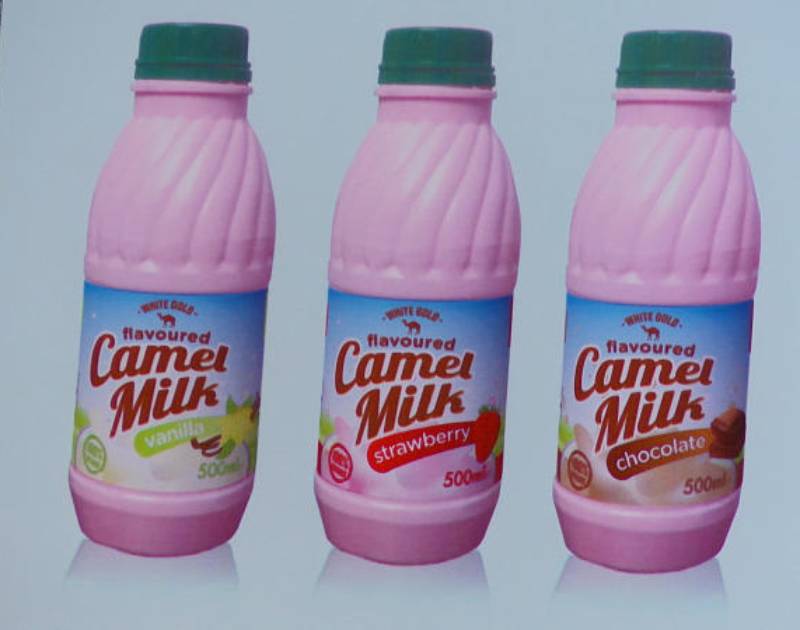×
The Standard e-Paper
Fearless, Trusted News

Jama Warsame started White Gold, a camel milk processing and distribution company in 2017, when the only other certified camel milk company in Kenya at the time failed to sustain viable operations after the passing of their founder. Several camel farmers in the area were left stranded with nowhere to sell their milk.
White Gold salvaged the camel milk industry in Laikipia and two years later, they are selling approximately 1,000 litres of milk a week all over East Africa.